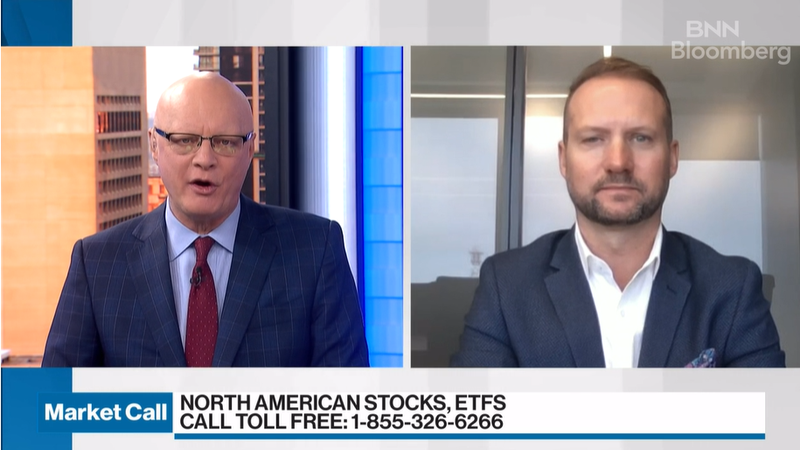Baloney Meter: Horgan wrong to say pot tax revenue sharing a new idea
OTTAWA — “For the first time that I’m aware of, the federal government is looking at a revenue-sharing model. That’s not something we’ve contemplated before.” B.C. Premier John Horgan as he left a first ministers’ meeting on Oct. 3.
—
During this week’s first ministers’ meeting, Prime Minister Justin Trudeau presented premiers with a proposal to levy a 10 per cent federal excise tax on recreational marijuana once it becomes legal next July, with the revenue to be shared 50-50 with the provinces.
While other premiers groused about what they considered an inadequate provincial share of the tax revenue from pot sales, British Columbia’s John Horgan expressed surprise that the federal government would pocket any of the money at all.


